Tom Mead is a UK-based author of short fiction. Previous examples of his work have been published by Litro Online, Flash: The International Short-Short Fiction Magazine, Open: A Journal of Arts and Letters as well as various fiction anthologies.
2 Comments
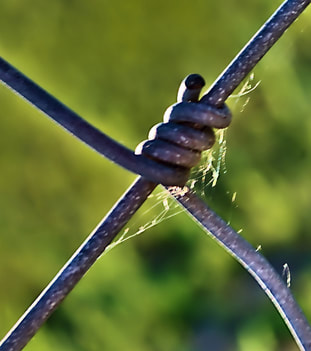 For five dollars, I will hold a tarantula in my mouth, let its hairy legs dangle from the tip of my tongue, tickle the back of my throat. For 10 dollars, I will close my mouth and make the tarantula disappear. I am a wizard. I cannot speak or look you in the eye, so the tarantula is the language I use to trade for your attention. Or maybe I can trade you a dance. My mother taught me how in the living room of our house. The Pointer Sisters on the radio, she would grab my hand and twirl me around and I would climb onto the couch when the sisters asked me if I wanted more and more and more and jump when their voices commanded. Or maybe I can trade you the scar down the left side of my leg. I tried to crawl under my grandfather's fence and caught the bottom of the chain link and it peeled me open. I was too afraid to show anyone because my grandfather liked things to be clean and perfect and unblemished and I still remember what it feels like to be pulled up into the orbit of his anger and hang there while my mother holds my hand and tells me everything is going to be okay, so I mummified my leg instead and hid it beneath my pants. It wasn't until the swelling made it too painful to walk that anyone noticed. I trade in stories. None of this is true. All of it is true. My grandfather kept two tarantulas in his den. They had rose-tipped fur on their abdomens. They felt like stones in your hand when you held them. I slept with them on a green egg crate mattress on the floor. Sometimes, I woke up to them on my chest, their rose-tipped feet feeling in the dark. I would open my mouth to let them squeeze in. I didn't have the language at the time to describe this feeling. Today, I might say it felt like my grandfather's fingers closing around my throat after I peeled the skin off his favorite tree with a garden shovel. In certain light, the scar on my leg looks like a river set ablaze by floating paper lanterns. I have other scars, too, but not all of them you can see, and I also imagine them as estuaries radiating from a center, ablaze in the darkness. A lamp can tell fictions as beautiful as a mouth. These are all experiences you can have and put in your pocket. Mark Zuckerberg encourages me to share everything. When I share everything, I create more meaningful connections with the world. So here is one more. I used to sit on my father's lap, a book between his hands, the book a wall between me and the world. Language poured out of my father's mouth like water. Soaking and wet with language, I would crawl into bed and dream those words onto my ceiling, a crawl of wet soapy words that dripped down the walls and back into me. And this, to me, made my father a wizard. But nothing is left of that world, the twelve-inch space between my father's arms. No matter how much I need to crawl back into the twelve-inch space between my father's arms, no matter how much I try to compress and contort my body, I will not fit. This, this I think I will keep for myself. Kevin Lichty is currently living in Tempe, Arizona with his wife and two daughters. Before that, he lived in Miami, Florida where he was a copy writer for the National YoungArts Foundation; and in Annapolis, Maryland where he was a high school English teacher at a small private school outside Washington, D.C. He was a semi-finalist for the 2017 William Faulkner Wisdom Novel-in-Progress award. His work can be found in Palooka, Four Chambers, Hawaii Pacific Review, and elsewhere.
I want to meet the pig who saved my life. You, pig, were dead before I plunged your fluid under my skin. You were already slopped lifeless on the muddy ground when those wily Canadian researchers extracted your pancreatic glands and sucked your fat dry. You had exhaled your last squeal, projected your final porcine pleas before we could make awkward eye contact and I could thank you. I think of you nosing through the spatter in your trough when my blood sugar drops, when I am fisting cold spaghetti into my mouth because I do not have the strength to open the juice container. I think of you when I cannot find my gas station muffin and can of soda because hypoglycemia has blurred my vision and I cannot see my counters, my sink, my very own hooves. I think of you flopping, rolling dryly in the sun when my blood sugar rises and I need that fix. I think of you when I need your pulp to rehydrate me, when I need your identical properties to fill the sad, drooping balloons of my desiccated veins. I think of you engaging in an unrequited love affair with a much slimmer pig — one who does not appreciate your life-saving qualities, an unforgiving swine who thinks you make too many barn messes and cannot control your political impulses—when I am romping in the beds of future ex-lovers. I think of your rejection when the people I have turned into mistakes do not understand how blood sugar levels affect moods, relationships, existence. If we had met, if I had gotten the opportunity to feel the bristle of your rind under my thankful hand, I would have asked you to dinner. I would have dressed you up, I would have leashed you to my wrist, and we would have eaten anything we goddamn well pleased. I would have refused to count the carbohydrates in the bread basket, I would have made you tongue the tomatoes off my plate, and I would have let you snort black pudding off my bruised, bloody abdomen. We would have glanced at one another before I injected your parts into my own. We would have laughed gleefully from across the table, not caring about stares, judgment. I would have stroked your jowl in those final moments, synchronized my breath to your sacrifice. I would have stared through the anterior chambers of your withering brown eyes, felt your Kantian spirit exit your shank and fade into the annals of modern medicine, into the depths of my insulin-starved soul. I would have thanked you, pig, thanked you for being so much like me. I would have thanked you for allowing me to consume you whole.
Woosuk Kim is a sophomore at the International School of Manila. His writing has been previously recognized by the Scholastic Art and Writing Awards, and Zoetic Press.
I watched a news special once, a man who ran into a burning house that held what used to be his wife. Stupid, I said. What a waste, I said. My father, who once threw a trash can full of fire. My father who went to Russian boy scout camp and learned to tie nooses, not slipknots. My father who offers heady, perfumed words to my mother as if she’s an altar. My father would char, happily. My sister and I would be left to help ourselves to the crumbs of their love. It doesn’t hit. Licks up Florida’s inner thigh, brushes Sarasota with its nose, and veers instate. They don’t know this. Their power goes, a flickering, and then, a submersion. I imagine them holding their breath, orbiting their phone lights, moving a thimble and chrome dog around the cardboard. Cocooned by box springs, sixty-two and fearless. Katerina Ivanov is a Mexican-Russian poet and writer, originally from northern Florida. She has been published in Bird’s Thumb, The Nashville Review, Going Down Swinging, and Dialogist. She lives and writes in a little pink house in Jamaica Plain, and will begin her MFA in the fall.
|
FLASH GLASS: A MONTHLY PUBLICATION OF FLASH FICTION, PROSE POETRY, & MICRO ESSAYS
Categories
All
Cover Image: "Verano"
|
|
Glassworks is a publication of Rowan University's Master of Arts in Writing 260 Victoria Street • Glassboro, New Jersey 08028 [email protected] |
All Content on this Site (c) 2024 Glassworks
|

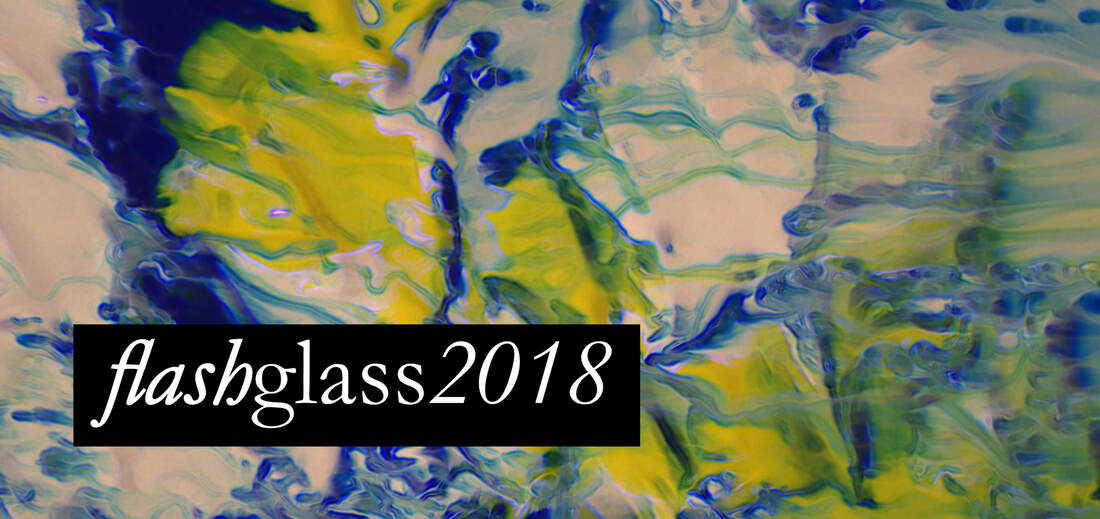





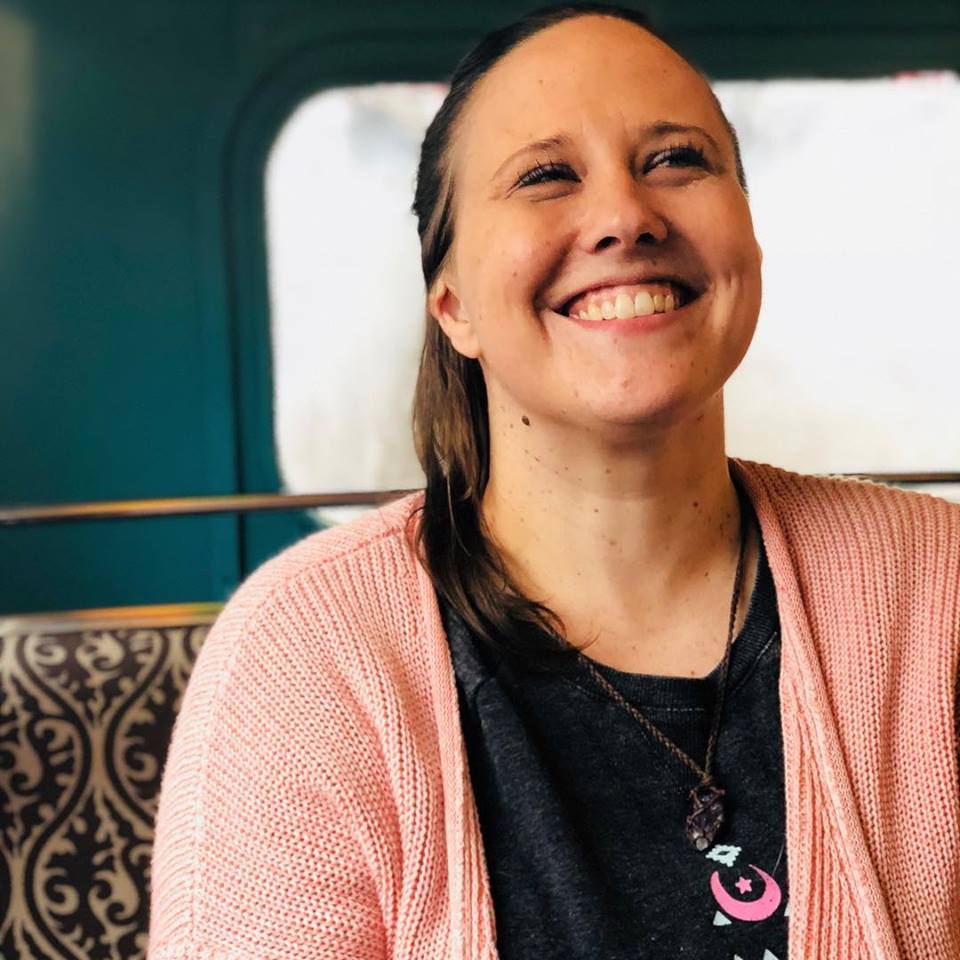
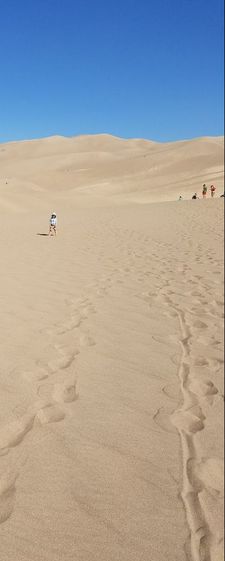
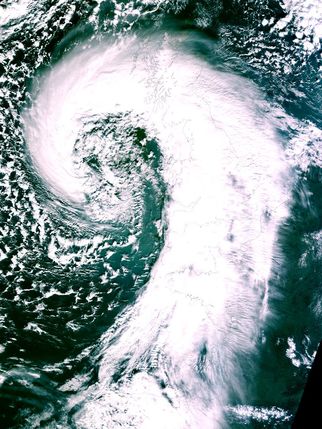
 RSS Feed
RSS Feed
